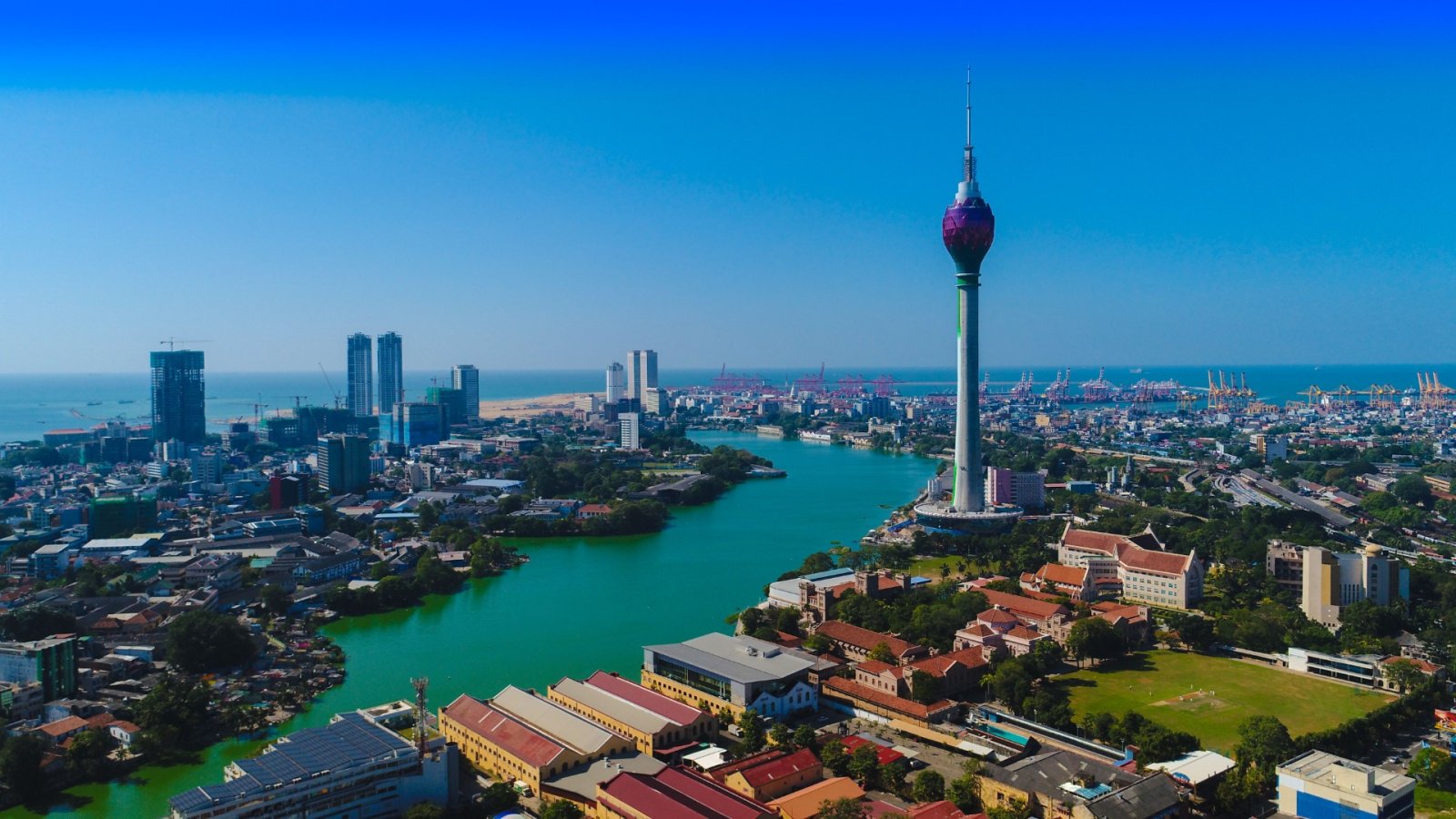Sri Lanka is in the news and once again, it’s not for any good reason. Just last month, July of 2022, the island nation was propelled to the forefront of world news as desperate citizens, pushed beyond their limits, stormed the home of President Gotabaya Rajapaksa.In a country known for its beautiful countryside, delicious food, and warm, friendly people, the scenes were unexpected and somewhat shocking.
The reasons for the unrest are complex, but they involve shortages of crucial items, including gasoline, rampant inflation, and allegations of corruption. It is also well known that the country has fallen prey to the debt trap diplomacy of their large neighbor to the northeast. Sadly, the woes of some of the beautiful island's residents have been further compounded by bad news in, of all places, the realm of cryptocurrency. For those who believed they were protecting their savings from inflation, the news has been truly devastating.
A year of bad news in the crypto-sphere
If 2022 had only brought a bear market to cryptocurrency all would have been well. As is so often the case, however, when crypto implodes it does so with fanfare, spectacular unprecedented scenarios, and a cottage industry of doomsayers predicting the end of the crypto world. Of all the bad news this year, possibly the worst has been the freezing of deposits or outright implosion of lending platforms and other custodians in the digital cash space. These included such well-known and seemingly invulnerable names such as Terra Luna, Celsius, and Voyager Digital.
Terra Luna was part of an ecosystem that promised a modest, by cryptocurrency standards, 19% annual return on their stablecoin UST. Investors regarded their holdings in LUNA and UST as a safe, stable portion of their portfolio. The entire ecosystem plummeting to effective zero in a matter of days was unthinkable. Celsius is another case in point with the lending company, one of the largest and oldest in the space, vigorously claiming that there was no liquidity issue right up to days before depositors' holdings were frozen, and still are as of August 2022. Many depositors were earning percentages as modest as 3 or 4% and believed this was the most secure part of their portfolios.
Sports Chain
At the height of the recent bull market of 2020, as in all crypto cycles, hundreds, possibly thousands of new coins, tokens, and blockchains were created. Influencers and company CEOs enriched themselves and even some lucky investors were able to cash in as well. A new company, Sports Chain, caught on particularly in Sri Lanka, and the network effect of those with small amounts to invest, hoping to put their money to work in a safe investment soon spread. The website is still up today.
While it may be obvious to anyone with experience in the crypto or finance spaces that this was the very definition of a Ponzi scheme, it was enough to fool many otherwise literate and educated people including doctors, teachers, police officers, and others, into parting with their money. As with all Ponzi schemes, the return on investment for the first layers of investors is good and all went well as the deposits made by new investors were paid out to those one level up in the pyramid scheme.
Personal Tragedy
Many of those affected were Sri Lankans with good jobs living abroad in Europe, the US, South Korea, and Japan. They had earned so much in the initial stages of investment that they gave up these jobs and began 'investing' full time, living off their so-called passive income.
The entire team was anonymous
This is a huge red flag and should never be ignored. Bitcoin is the only coin that is exempt from this rule.
Neither the company nor coin was listed on Coinmarketcap
Not every coin is listed on Coinmarketcap, but it is certainly a warning flag.
The coin was never listed on any exchange
A new coin may have trouble getting listed initially, but it seems the Sports Chain token never existed at all.
The website contained poor English
A very bad sign and a huge red flag, mostly because it would be so cheap and easy to fix.
The white paper was a ‘word-salad’ of clichés and buzz words
This is a harder one to spot as sometimes a legitimate technical white paper can read like gibberish to the new investor. If you can’t understand a word of a company’s business model, you probably shouldn’t be investing in it, even if it is a legitimate venture.
The likelihood is that none of these investors will get any of their money back. The best they can hope for is that the perpetrators will be jailed although even this may be a remote possibility considering the many greater problems the Sri Lankan authorities are currently facing.






